Blog
Blog
By Kate Findlay, owner of online gift retailer Peach Perfect.
Well-known for its hand-picked collections of practical and lovely presents, Peach Perfect’s fantastic puzzles for adults and children are always family favourites for birthday and Christmas gifts!
Do you know what Hugh Jackman, Bill Gates and the Queen have in common? They’re all fans of jigsaw puzzles! Jigsaws are now so popular that in 2017, they were included as an ‘essential item’ in the official UK household shopping basket (Consumer Price Index). Here, we explore the history of this very special past-time and how puzzling can help to improve your mental and physical health in all sorts of ways. Reasons to be joyful, indeed!
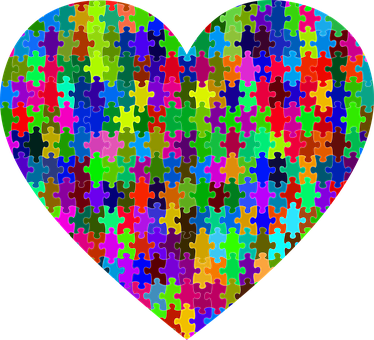
The Jigsaw Story
John Spilsbury, a cartographer and engraver, created the first ‘dissections’ for teaching purposes in the 1760s. These were maps of the world or countries carved from wood, which had to be pieced together. The name ‘jigsaw’ was first used in the late 1880s, after the treadle jigsaw was invented and plywood could be used. This meant it was easier to make more intricate and colourful puzzles, using improved printing techniques, and lots of different designs appeared. Jigsaws were still aimed at children – although adults were about to join in the fun, too!
Mass production took off in the 1930s with die-cut cardboard puzzles. The quality varied but prices were cheap and adult demand was high. In America, weekly sales reached a peak of 10 million in 1933! Puzzle clubs were set up and jigsaws could be loaned from libraries. Companies used them to advertise everything from toothpaste to trains, as with Great Western Railway’s ‘The Night Mail’ and ‘GWR Locomotives in the Making’ puzzles.
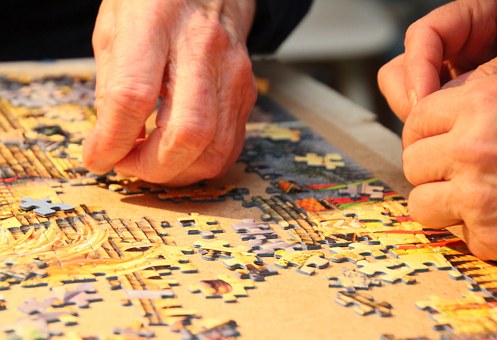
These days, there’s a huge variety of jigsaws – customised versions, 3-D and 4-D sculptural puzzles, traditional wooden puzzles with no design on the box, and many more… there really is something for everyone. In 2011, a group of 1,600 Vietnamese students set the world record for the greatest number of pieces in a single jigsaw. Their completed lotus flower puzzle measured more than 48ft x 76ft, and contained an astonishing 551,232 pieces!
Brain Training and Boosting Confidence
It’s fascinating watching children puzzling over a jigsaw, ‘brain training’ without realising it. And this is just as important for older people as it helps to strengthen short term memory and stimulate the mind. As the number of people affected by dementia is rising, it’s becoming even more important to get involved in activities to boost your brain. Recent German research has shown that jigsaw puzzling engages multiple cognitive abilities and could be significantly beneficial in the longer term.
Completing a puzzle also provides a welcome sense of structure and order in a world that can seem very uncertain – especially for an older or more vulnerable person with behavioural or learning difficulties. As there’s only one solution to the puzzle problem, this limits potentially confusing alternatives and helps to improve attention span (as there’s no quick fix) and boost confidence. Plus there’s a real sense of achievement in creating something tangible with your own hands!

Keeping Well and Keeping In Touch
There’s a reason puzzles were so popular in the Great Depression – they distracted people from stressful circumstances. When you relax, as well as feeling less anxious, positive physical changes happen – your breathing slows, your blood pressure lowers, and you sleep better. Speaking to the Telegraph, Dave Cooper, a former manager of the British Jigsaw Puzzle Library commented, “[puzzles] add ten years to people’s lives. They’re so absorbing that you forget your problems.”
Keeping in touch with others with a shared interest can also considerably improve wellbeing. It helps to prevent isolation, loneliness and depression, all of which are associated with poorer physical and mental health in older adults. If you’re a jigsaw fan, you may already know about the BCD society – members call themselves ‘Dissectologists’ after John Spilsbury’s original puzzles and meet up to share tips and experiences, and enjoy social events. We’re definitely in favour of that!
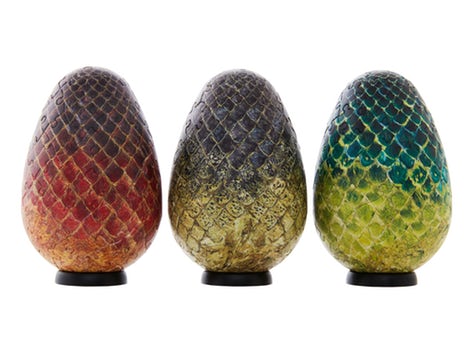
We hope we’ve inspired you to get (or keep) puzzling - and enjoy the world of jigsaws! And if you’re feeling competitive and want to test your speed against the best puzzlers nationwide, why not enter the 8th British National Jigsaw Championships next June? Good luck!
Lastly, if you want to get friends or family members interested too, here’s a few special 3-D puzzle gift ideas. Our range of spectacular ‘special interest’ jigsaws include Downton Abbey, Game of Thrones (Winterfell), Harry Potter (Diagon Alley), Big Ben and the Eiffel Tower. You’ll find lots more inspiration in our Craft & Creative Gift Collection.
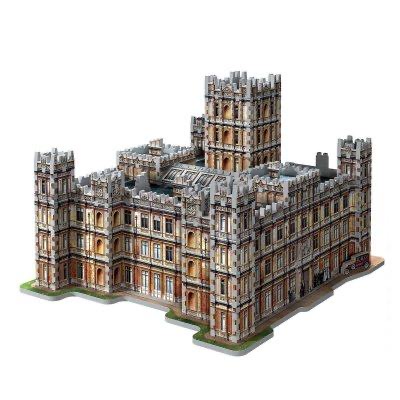
Blogs you may also like...
- SHARE
-

-

-
 hello
hello
-





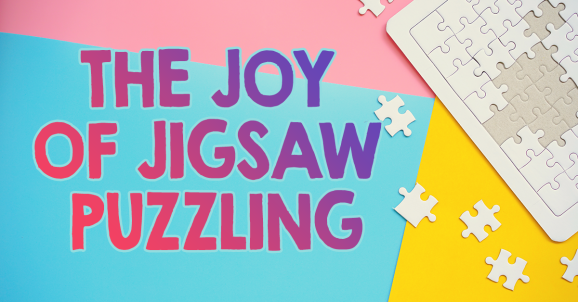






_151_86_int_c1.png)














